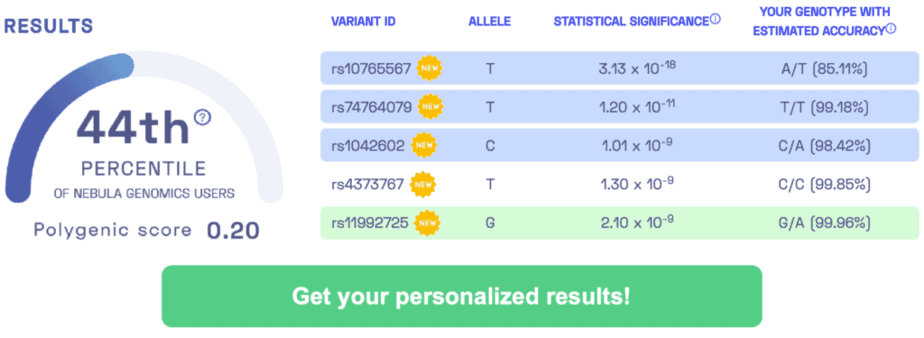STUDY TITLE: Genome-wide association study identifies multiple loci associated with bladder cancer risk
SUMMARY: Cancer may be associated with genes linked to telomere length and inflammation.
DESCRIPTION: Bladder cancer is one of the most common cancers worldwide. Men are three to four times more likely to develop this type of cancer than women. Prior to this study, 11 genetic variants were known to be associated. This study identified 4 more variants in a cohort of 18,725 individuals of European descent. One of the genetic variants has previously been associated with colorectal cancer and is near a gene that affects telomere length. Telomeres are structures at the end of chromosomes that protect them from deterioration. Telomere length shortens with age, exposing the ends of chromosomes and allowing DNA damage to occur. The second significant variant is linked to a gene that controls inflammation.
DID YOU KNOW? Although age and gender are key risk factors, you can reduce your risk of developing bladder cancer by following all chemical safety rules (if you work with or around chemicals), staying properly hydrated, and eating a well-balanced diet. [SOURCE]
SAMPLE RESULTS: Learn more about the Nebula Research Library.

BLADDER CANCER-ASSOCIATED VARIANTS: rs9642880, rs798766, rs2294008, rs1014971, rs8102137, rs710521, rs401681, rs1495741, rs10936599, rs907611
ADDITIONAL RESOURCES:
Overview of Bladder Cancer
What is a telomere?
WEEKLY UPDATE: July 23, 2019
